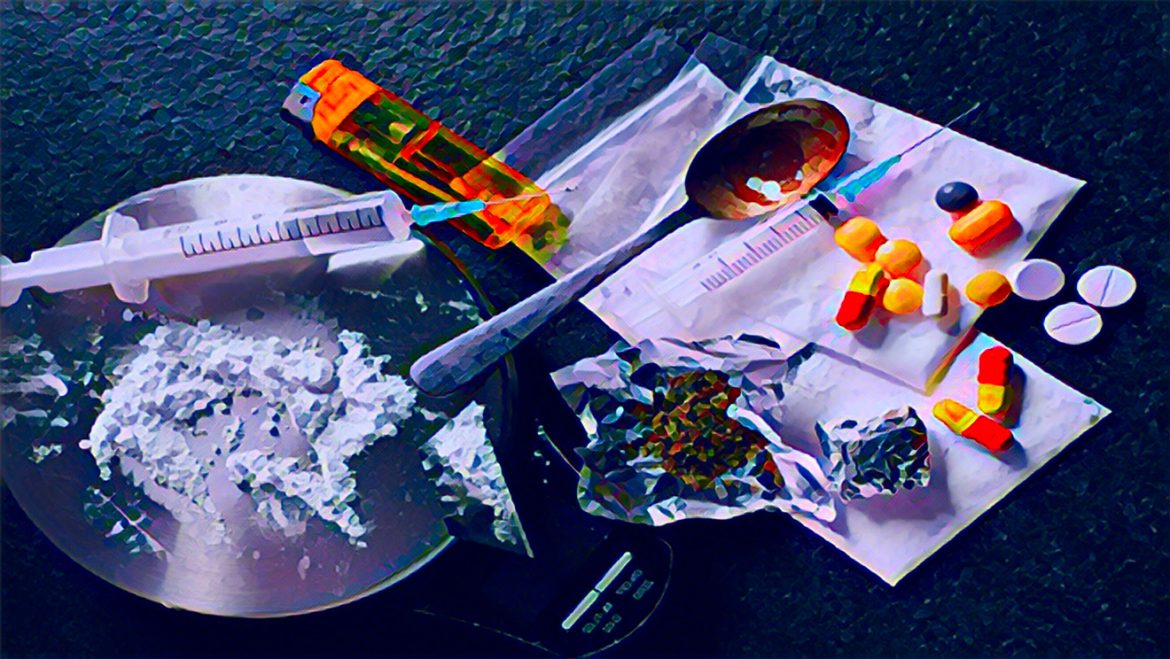KEY POINTS
- Drug abuse prevalence among Nigerian youths ranges from 20 percent to 40 percent, with substances like cannabis, cocaine, and tramadol commonly misused.
- Studies indicate a strong correlation between drug abuse and various forms of criminal behavior, including organized crime and armed robbery.
- Comprehensive strategies encompassing public education, law enforcement, rehabilitation, and policy enforcement are essential to address this issue.


